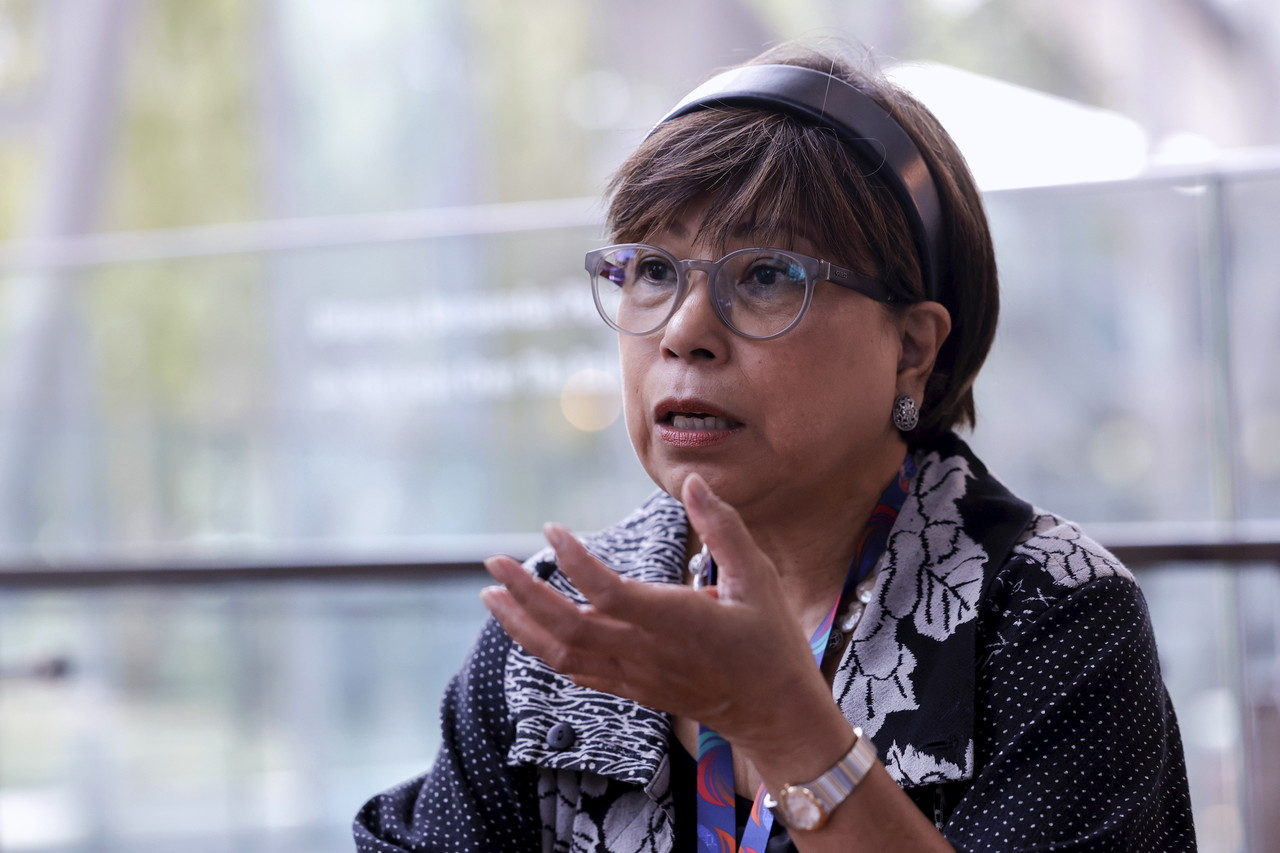ASEAN Pushes To Forge Common Position In Trade Talks With US

KUALA LUMPUR, Sept 26 (Bernama) -- The ASEAN grouping is pushing to forge a common position in trade talks with the United States as the region grapples with debilitating tariffs, supply chain pressures, and the thorny issue of transhipment.
Former Ministry of International Trade and Industry (MITI) secretary-general Tan Sri Dr Rebecca Sta Maria said ASEAN should strengthen supply chains and rules of origin amid concerns over transshipment.
"This is an area that ASEAN needs to pay attention to, as we need to have a common position on transhipment and how to manage it. These are the issues we are discussing in the ASEAN Geoeconomics Task Force,” she told Bernama Friday on the sidelines of the ASEAN Economic Ministers' Meeting and Related Meetings.
Transhipment refers to the shipment of goods to an intermediate destination before reaching the final destination.
Rebecca, who sits on the task force as an expert, said the task force is already studying the issue of transhipment, with research on rules of origin included in reports now being reviewed, though details could not yet be disclosed.
Currently, Malaysia, Thailand, Vietnam, and Indonesia are negotiating with the US on tariffs, although ASEAN rules do not prevent bilateral arrangements.
Rebecca emphasised the need to conclude the discussions quickly. “It is not a free trade agreement; it is just a trade arrangement. The sooner we get that done, the better, because you need transparency and predictability in trade. Our business people need to know what is going to happen. Uncertainty is not good for business,” she said.
Rebecca pointed out that while any arrangement should be flexible enough to allow for future negotiations, Malaysia must ensure clarity for key exports such as semiconductors. “Every day you get a different set of rules coming up, a different set of tariffs coming up, we need to be able to find a way so that we can have some conclusion that’s beneficial to Malaysia for that. After all, the majority of the companies exporting those (products) are American companies,” she said.
She added that the tariff disputes should also be treated as an opportunity for Malaysia to improve its own trade environment, urging policymakers to review non-tariff barriers, streamline processes, and cut red tape.
“Yes, we should be concerned about US tariffs, but can we also look at our own infrastructure, ecosystem, licenses (and ask whether) we need those licenses or whether there is any way we can do it faster (and) do we need so many steps in a process? The ease of doing business is one area that we need to focus on from the Malaysian perspective,” she advised.
-- BERNAMA





